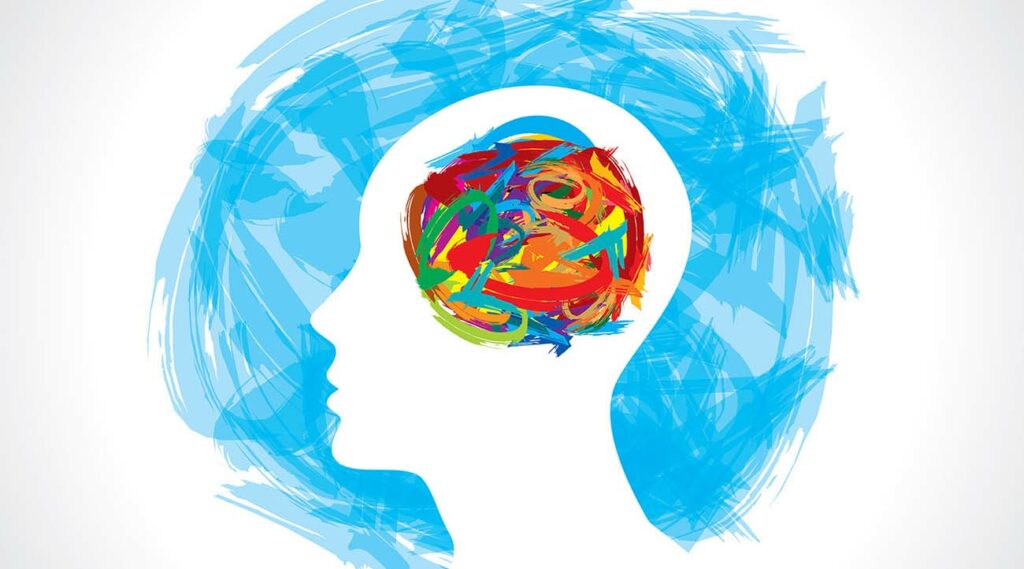COVID-19 pandemic has affected the mental health of many people. It has created barriers for people who are suffering from mental illness and substance use disorders. Several surveys have concluded that the current situation has affected the mental health of many people due to excessive worry and stress.
Apart from this, it has been seen that the negative impacts of this pandemic have resulted in increased alcohol consumption, disturbance in the sleep cycle, worse chronic conditions, and poor mental health conditions. In this blog, we will talk about the background and other implications of COVID-19 for mental health and substance use.
Background
According to surveys and polls, more than 10 million adults and an additional 4 million adolescents had reported a major depressive episode in the previous year. Apart from these, the death rate due to drug consumption has increased as compared to previous years. Nearly 12 million adults had reported that in the past year, they had serious thoughts of suicide.
During this pandemic, the mental health issues and substance use disorders among people have made the situation more intense. More than one in four adults have reported about the symptoms of anxiety and depression during this pandemic. Additionally, from a recent survey, people are reporting about their increased usage of substances to manage stress.
Risk Of Mental Health Due To Isolation
Due to this COVID-19 crisis, the government has taken some effective steps like – prohibition of a large gathering, quarantine for travelers, closure of non- essential business and schools and encouraging social distancing to stop the spread of coronavirus.
However, there is a link between social isolation and mental illness. According to psychological studies, people who are in social isolation have a higher risk of mental illness and suicide. Tracking polls conducted after isolation have concluded that people who are in isolation have reported stress, anxiety, and negative mental effects.
Now here I will share the effects of social isolation during the COVID 19 outbreak.
Effects of Social Isolation
Households With Children
Social isolation has created several issues for different age groups, due to the closing of several institutions, children who are depending on school like – physical and mental health services, meals, social services, etc. are facing problems.
Due to the lack of such services, the chances of mental illness among children has increased. Parents are facing disturbances in their daily routines because of the long term closures of childcare centers. Children are also facing negative impacts on their mental health due to excessive stress and worry from the coronavirus.
Elderly Persons
Social isolation limits the interaction with your loved ones and caregivers. Due to the lessinteraction with people, the feeling of loneliness and anxiety develops in older adults. Mental illness affects the health of an older adult negatively; it reduces the rate of recovery from any disease. However, older adults report less about their mental illness as compared to adults between the age of 18 to 60.
Mental Illness Due To Income
The COVID -19 pandemic has led to income insecurity due to thousands of job losses throughout the entire nation. It is natural to feel insecure when you don’t have a job. Research has concluded that job loss is associated with anxiety, depression, lower self-esteem, losing hope which can lead you to a higher rate of substance use disorders.
In addition to these, people without a job have higher chances of developing suicidal thoughts. Data from recent polls concluded that people with fixed income or employment have fewer chances of suffering from mental illness as compared to those who are unemployed. People with low income also reported that they are facing health problems such as sleeping disorders, worry, anxiety and stress in this pandemic.
Low Immunity Increases Chances Of Mental Illness
People suffering from chronic illness have a higher risk of suffering from mental illness. If you are a person who is suffering from chronic diseases such as asthma, a serious heart condition, lung disease, then take proper care of your health.
Try to avoid situations that can unnecessarily increase your anxiety level. Regular exercise and a proper diet can help you to reduce the chances of mental illness. With an appropriate lifestyle and precaution, you can lead a happy life.
It is not entirely true that a person with a chronic disease will be affected by mental illness. So don’t overthink or assume so much about such things because it will stop you from leading a peaceful life.
Final Words
For different age groups, the pandemic has both long and short term amplification for mental health and substance use. Currently, (SAMHSA) Substance Abuse and Mental Health Service Administration is distributing resources that can be helpful for substance use and mental health disorders.
People who are newly affected by mental illness are getting benefits from substance use and mental illness services. The most that we can do in this situation is to follow all the guidelines of our government and take proper care of ourselves and our loved ones.
